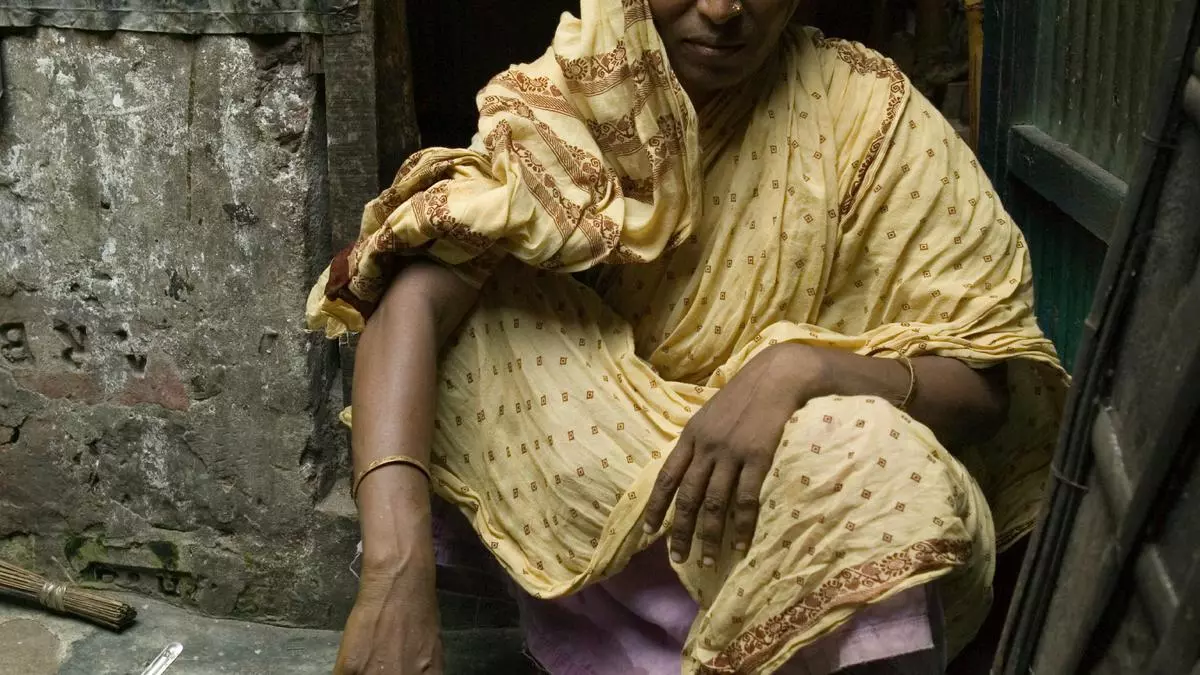Really, I should hate Neel Mukherjee’s . I strongly dislike fiction set in sophisticated literary circles and academia and usually feel dissatisfied with incursions in English into the lives of the hugely deprived in India. contains three long stories, each presenting a crucial choice: the first story is set in literary circles in London, the second in academic ones, and the third in a nameless hamlet on the Indian side of the Bangladesh-India border.
However, such is the power of Mukherjee’s observations and the precision of his writing that I love the first two stories and, despite slight reservations, find the third one highly pertinent and readable. But first a generic matter: Is a novel? Many of the blurbs from reviews that the book flourishes describe it as a novel. Is it one? While “choice” connects all three parts—they are numbered, not titled—of the book, there is nothing else in common between them, except the stony backdrop of “economics” and some slight echoes, the latter especially between I and II.

Despite this, I incline towards the “novel” designation as the three parts are held together by a fierce act of concentration on the matter of choice. And, after all, as the name suggests in English, a novel is by definition something “new”—not the Lego-block-like compilations so often celebrated by creative writing teachers, commissioning editors, and publicity people. Hence, strikes a significant blow for the genre to begin with, retrieving.
















